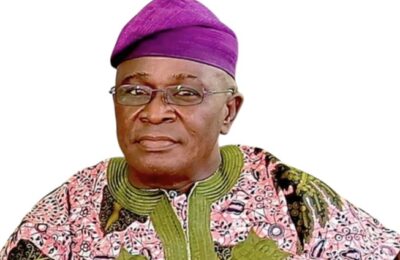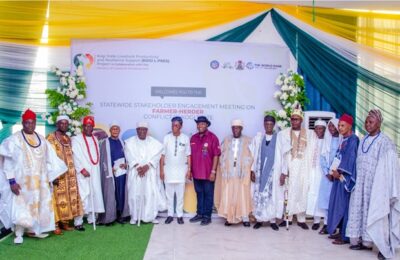Day by day, we are awash with news of bank robbery, kidnappings, abduction and killing in various parts of Kogi state especially in the west and central regions. These acts have caused untold hardship to the Kogi populace and Kogi as a state which poses danger to the economic development of these areas.
Nigeria in recent years, has become a theatre of blood shed, conflict, insecurity and hardship due to the carnage of various terrorist groups across the nation. From grassroot secondary schools to various communities to tertiary institutions, various cult groups and spring up and metamorphose into terrorist groups to unleash havoc on the Nigerian populace. Though these groups are numerous, the most noticeable and deadly of them is the Boko Haram group.
Insecurity and terrorism in Nigeria is however one of the greatest challenge facing Nigerian economy system. The issue of kidnapping, political assassinations, abductions, armed robbery and the insurgence of Boko Haram etc. are serious issues in the international system. The implication of this is that the investors will not want to come to where their lives will be in danger. Thus, there is an adverse effect on foreign policy decisions and effectiveness.
Nigeria unemployment rate is 23.9% according to (CIA World Fact Book, 2013). The high rate of unemployment though is part of the domestic problem, but it led several Nigerians running to other countries resulting in brain drain and others turning into devil tools which are responsible for high rate of insecurity in the country. The devastating effect of the Boko Haram sect has thus forced government ministries, parastatals and corporate establishments to step up security measures in an attempt to protect lives and property. The Boko Haram group could however be said to have exploited the country’s dysfunctional school system that is plagued with numerous strikes by
teachers, widespread youth unemployment, and a high prevalence of illiteracy. The group also exploits the absence of effective security system in the country. The group is taking advantage of these economic frustrations of the country to win many converts. Even highly educated and well-connected members of the society join the sect, and because their teaching address the frustrations of the unemployed youths, some of them dropped out of school, left their homes and joined the group fully.
“In spite of the fact that Nigerians have also fallen victims of terrorist attacks and the recently abduction of secondary school girls in Chibok, does the government still have any role to play in
salvaging the current insecurity challenges in Nigeria”?
Consequent upon the above, this article recommends the following:
1. The Boko Haram group should explore the open opportunities provided by democracy to put forward their demands on the system through its input and output mechanisms. There is no demand or agitation that cannot be discussed and appropriately handled in a democracy.
2. The government should also recruit fresh blood into the Nigerian Police Force. The current strength of about 357,000 is grossly below the UN benchmark of 1 policeman to 400 civilians. With an estimated population of 150million, Nigeria is certainly under-policed. With adequate hands, training and tools for operational efficiency, the police would be able to curb terrorism in Nigeria.
3. The mass media should extend publicity against the activities of Boko Haram.
4. Parents, religious leaders as well as opinion leaders should educate the youth about the danger of being used for selfish motives by any clandestine group.
5. The government should urgently address the issue of poverty and youth employment that is assuming frightening proportions in the northern part of Nigeria and in Nigeria in general.
– Balogun Emmanuel Funsho is a graduate of University Of Ilorin, Ilorin.
07034444976.




